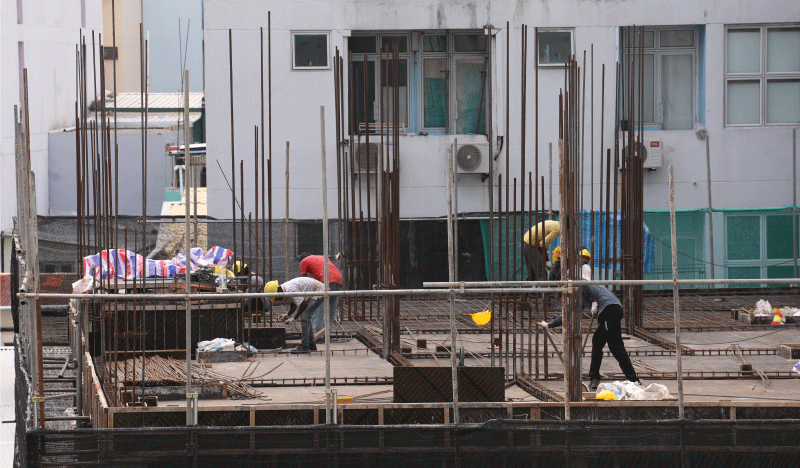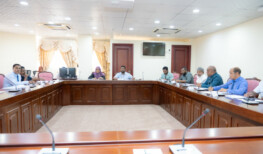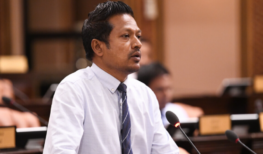Maldives Implements Changes to Streamline Work Permit Applications

Photo: MV+
The “Regulation on Employment of Expatriate Workers” has introduced significant changes to employing expatriate workers in the Maldives. This new regulation has replaced the previous “Regulation on Employment of Expatriate Workers” and impacts the work permit application process.
Under the new and the old regulations, foreign employment in the Maldives requires obtaining a work permit from the Ministry of Economic Development and a work visa from the Maldives Immigration. This requirement remains consistent and is intended to ensure compliance with the law.
The new regulation places the responsibility of handling work permit and work visa applications on employers or their chosen representatives. This shift is aimed at simplifying and improving the application process.
According to the new regulation, employers must now submit work permit applications and related requests through the Ministry’s online platform, the “Xpat System.” Employers are also allowed to designate representatives to submit applications on their behalf.
The regulation specifies the following eligible representatives for employers:
- A Maldivian employee of the employer.
- A licensed employment agency with a Category A or Category B Licence.
- An individual representative appointed by an individual employer.
These changes allow employers to choose their representatives and align with the government’s objectives to accommodate various employment needs.
The new regulation also introduces two access levels for entities and their representatives in the Xpat System:
- View User: These users can monitor work permit applications submitted through the Xpat System. They play a supervisory role in overseeing the application process.
- Active User: Active users are authorised to submit work permit applications, streamlining the application process and expediting work permit issuance.
Individuals seeking active user status on the Xpat System must obtain a license from the Ministry after completing a “Certificate of Employment Intermediary Course.” The timing of the course rollout by the Ministry remains uncertain.
The “Regulation on Employment of Expatriate Workers” represents a significant change in how foreign labour is managed in the Maldives. The government aims to facilitate foreign employment while maintaining regulatory compliance and transparency by simplifying the application process for work permits and visas. This change affects employers and expatriate workers in the Maldives, promising a more efficient and well-regulated system for all parties involved.






